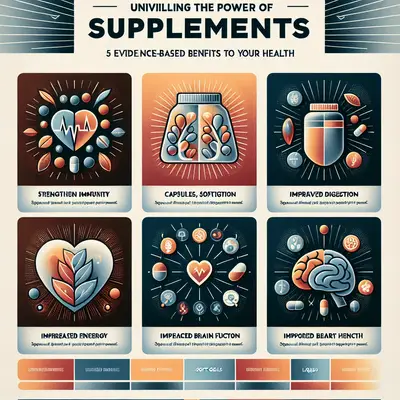Spirulina
Spirulina is a type of blue-green algae that has been consumed for centuries due to its high nutritional value and health benefits. It is loaded with various essential nutrients including proteins, vitamins B1, B2, and B3, copper, and iron. Studies suggest that spirulina has powerful antioxidant and anti-inflammatory properties, that can help protect against oxidative damage.
Ashwagandha
Hailing from the world of Ayurveda, Ashwagandha is a potent adaptogen that helps your body manage stress. It has been shown to reduce cortisol levels, improve brain function, and boost mood. Its antioxidant properties may also help improve heart health by reducing cholesterol and triglyceride levels.
Maca Root
Native to Peru, Maca root is renowned for its rich content of bioactive compounds and numerous health benefits. It's known to enhance energy, stamina, and mood. Studies have also found that it can improve sexual health and fertility in both men and women.
Rhodiola Rosea
Rhodiola Rosea is a herb that grows in the cold, mountainous regions of Europe and Asia. Its roots are considered adaptogens, meaning they help the body adapt to stress. Some research suggests that Rhodiola Rosea can enhance physical performance, alleviate mental fatigue, and reduce symptoms of depression.
Probiotics
While not exactly lesser-known, the importance of probiotics is often underrated. These beneficial bacteria play a crucial role in maintaining gut health, which is integral to overall health. They can improve digestive health, reduce inflammation, and even boost heart health.
Conclusion
Exploring the world of supplements is an exciting journey of discovery. While it's essential to stick with the tried-and-true, venturing into the lesser-known can often yield surprising benefits. Remember, though, that while supplements can complement a healthy diet, they are not a substitute for a balanced diet and lifestyle. Always consult with a healthcare professional before starting any new supplement regimen.



